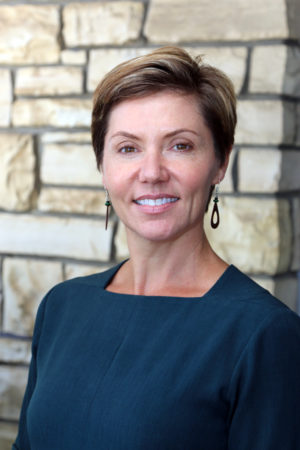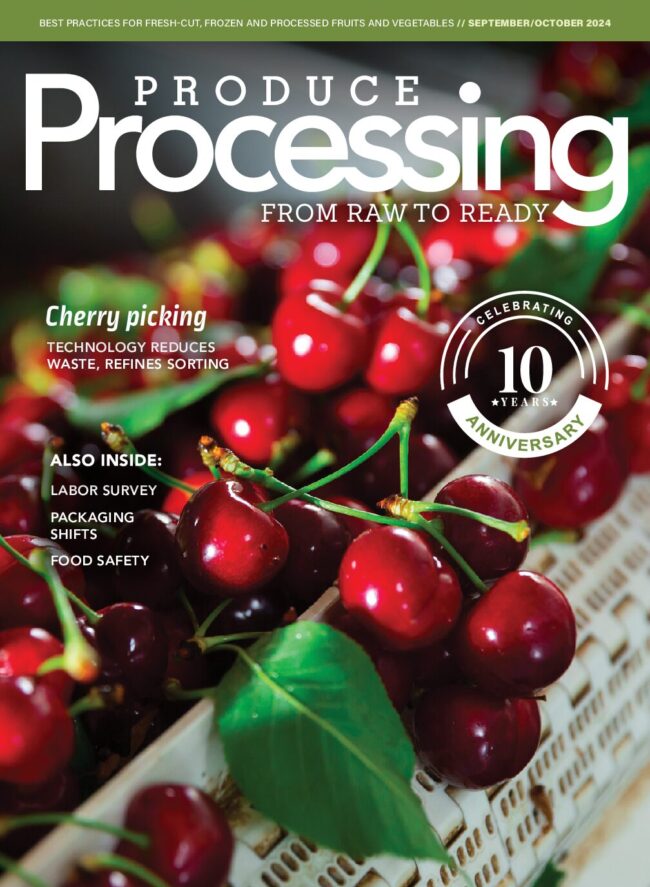Connecting with produce-focused food safety talent
Where do you get your fresh produce food safety talent, and what should you look for in a scientist?

My board has charged me with finding more researchers to work with, and I consider the Center for Produce Safety (CPS) a tremendous asset for discovering food safety talent. CPS is not only guiding a new generation of researchers to answer our industry’s produce safety questions, the center is also grooming science talent to staff industry’s produce-safety teams — as well as to lead in regulatory and other related arenas.
Sure, we want our industry’s produce safety researchers and staff to have technical skills. After all, our researchers must absolutely be able to design effective research projects, while our staff teams must be able to interpret the latest research results and evaluate the science behind new food safety technologies. Researchers and our produce safety teams alike must also be able to apply their scientific knowledge to inform our best practices and improve our standard operating procedures. We need them to challenge our systems, make improvements, facilitate tough conversations and lead our companies through difficult situations.
These young food safety professionals’ leadership, communication and business etiquette skills are equally important to enhancing produce safety as their science skills. That’s where CPS’s Professional Development Program comes in.
I recently participated in this year’s program alongside other industry executives. I had the opportunity to talk one-on-one with the current class of young scientists about their aspirations — and answer their questions for us.
I joined the CPS program because I believe it’s our job as an industry to help young scientists get started in our field. To date, their careers have been dedicated to science and academia. To be effective for us, they need real-world experience, and the skill necessary to interact with others away from the lab bench.
The seed for CPS’s Professional Development Program got planted many years ago, when the center provided travel grants so that students of CPS-funded researchers could help staff CPS’s annual Research Symposium. CPS got needed labor; the students got great networking and exposure. Broadened in 2021 and now supported partially by Bayer, the program invites applications from Ph.D. candidates, postdoctoral researchers and master’s program students working with CPS-funded researchers. These scientists are already working in the food safety research arena, they know CPS and they understand the fresh produce industry.
This year, eight students were chosen to participate in CPS’s program. They are rounding out their career skills through virtual coaching sessions, mentorship and networking at the symposium. In the process, industry members involved with CPS get to connect with this valuable pool of already trusted science talent.
Students’ burning question: “How do I get fresh produce industry experience?”
I told them many growers and processors are willing to work with them — such as to bring them on-site to see our facilities. I explained this results in a valuable give and take: Industry gets a chance to discuss our issues, and to get scientists’ perspectives. The scientists learn a lot from industry, and industry learns a lot from the scientists.
How can you tap into these ready-to-hire human resources? By tapping into CPS.
- Attend CPS’s annual Research Symposium each June, to become versed in the year’s research learnings and to meet the young scientists assisting there.
- You can also reach out to CPS-funded researchers at universities in your geographic area.
- Want an introduction? Contact CPS.
I believe the produce industry offers an exciting place for food safety scientists. They can help answer industry’s real-world questions, and have a tangible impact on consumer health. I gravitated to working in agriculture because feeding the world nutritious food excited me. Providing safe food is an integral part of feeding the world; an integral part of enhancing produce safety is attracting well-rounded food safety science talent who are passionate about produce and about protecting consumer health. As decision makers in the fresh produce industry, we can help keep emerging produce science talent on the right track.
— Jennifer Clarke is executive director of California Leafy Greens Research Board, which invests in production and processing research. As a member of Center for Produce Safety’s Technical Committee, she helps to oversee the CPS’s research program.







